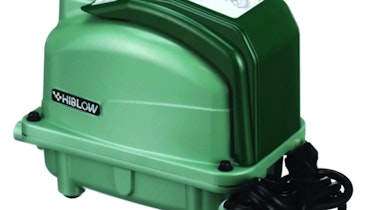Removing existing cesspools from service after a property is sold is among the changes to onsite wastewater rules to be considered in Rhode Island in 2016. The Department of Environmental Management says the technical changes and clarifications are primarily due to legislative...
Rules and Regs: New Rules in Rhode Island Will Require Cesspool Removal
In this month's regulations update, Minnesota gives onsite professionals a grace period for continuing education requirements, and Rhode Island will require cesspool replacement after the sale of property
Popular Stories
Discussion
Comments on this site are submitted by users and are not endorsed by nor do they reflect the views or opinions of COLE Publishing, Inc. Comments are moderated before being posted.






